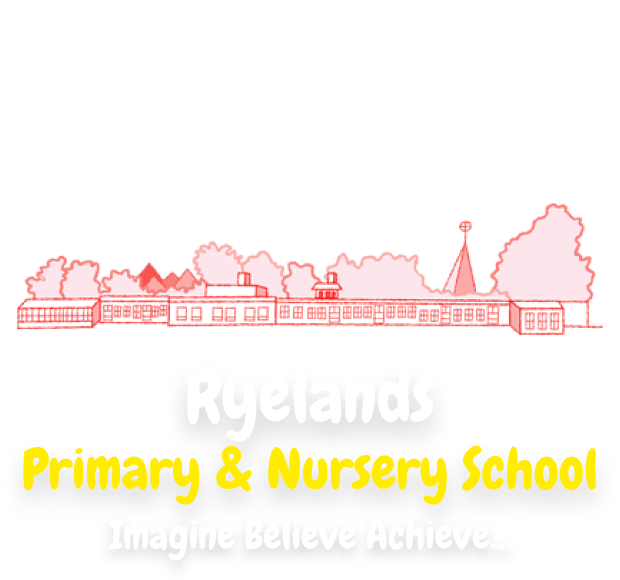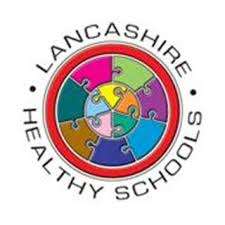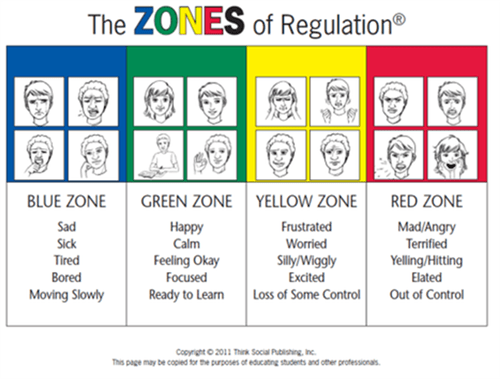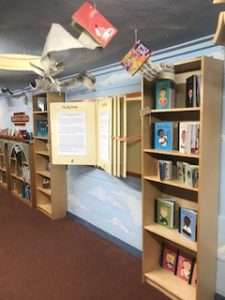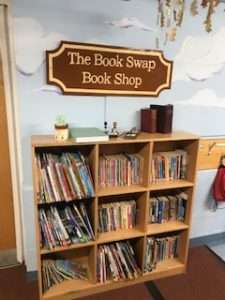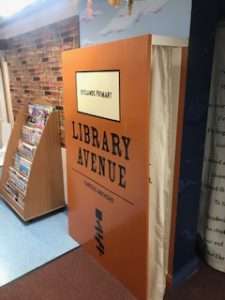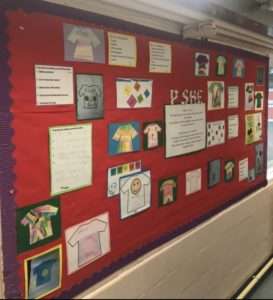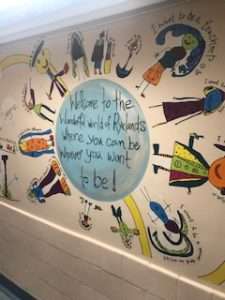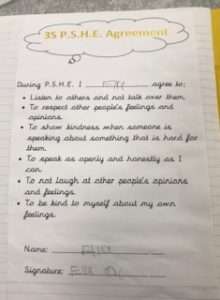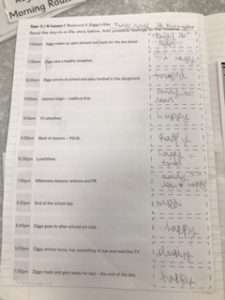What is the Lancashire Healthy Schools Programme?
The Lancashire Healthy Schools Programme has been developed under the National Healthy School Standard and is a partnership project developed by Lancashire LEA, South Lancashire Health Authority, North West Lancashire Health Authority and East Lancashire Health Authority.
The Lancashire Healthy Schools programme aims to:
- Raise pupil achievement
- Enhance the health and well-being of pupils, staff and the wider community
- Support the delivery of the PHSE and Citizenship curriculum
- Show OFSTED that our school adopts a systematic and constructive approach towards addressing some of the more difficult issues
- Provide a strategic framework to plan and deliver the most effective course of action to address local and government education and health priorities
- Provide access to training and resources for teacher’s professional development.
- Help embed the school within the wider community.
- Contribute towards staff retention and raising morale.
- Promote pupil involvement and participation, thereby improving social relationships between pupils and between students and staff.
- Demonstrate to employees, students and parents that the school takes young people’s health and well-being seriously.
The Lancashire Healthy Schools Programme focuses on twelve Quality Standards. As a school we identify areas for development, write an action plan, complete actions and monitor the impact of this. Below are the 12 standards that we can choose from.
- Healthy eating
- Physical activity
- Drugs, alcohol and tobacco education
- Sex & relationships education
- Emotional health & well-being
- Safety education
- PSHEE & Citizenship
- Ethos
- Partnerships with families & local communities
- Leadership, management & monitoring change
- Curriculum planning & implementation
- Learning & teaching
We are currently working on achieving:
- Sex & relationships education
- PSHEE and citizenship
- Curriculum planning and implementation
